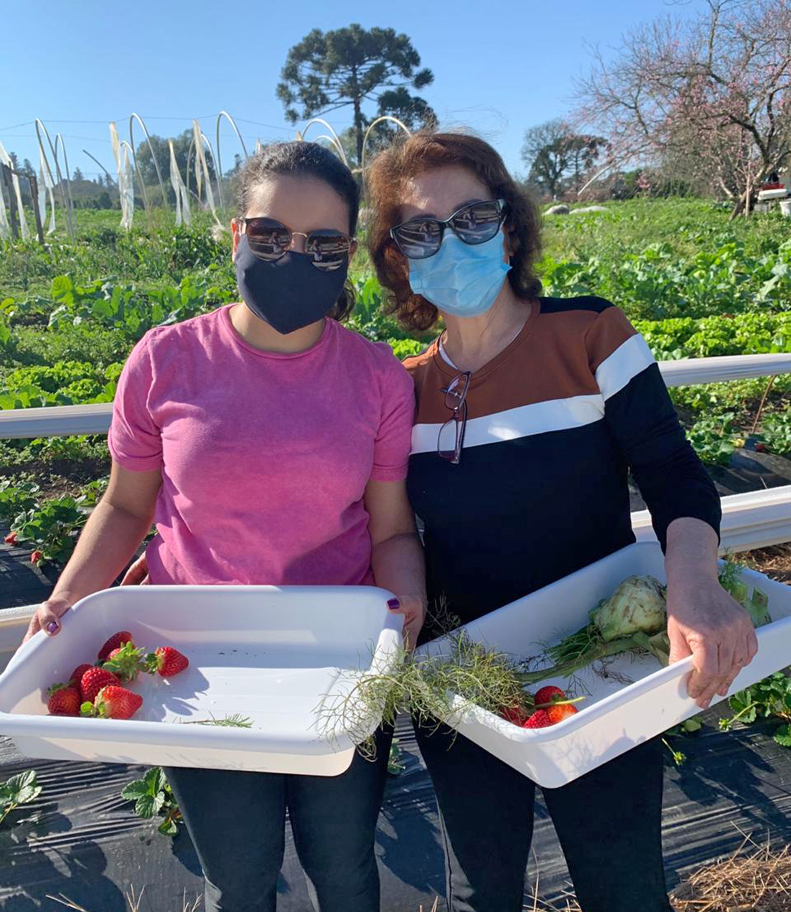
Lapinha has added a farm to table business and is promoting its ‘home office’ image
Destination spas are among the most challenged facilities as a result of coronavirus. Typically, these are complex, sprawling properties, often located in remote areas with a large number of employees.
Additionally, many of their clients visit from a distance, including from other countries, so even moderate capacity allowances haven’t helped these businesses to rebound.
The Lapinha Wellness & Integrative Medicine Center, located 90km south-west of Curitiba, Brazil, is a prime example. Founded in 1972, Lapinha was the first medical spa in Brazil, situated on a farm with a focus on organic produce in the midst of a sub-tropical forest.
At the onset of the pandemic, Lapinha employed 160 people and the owners trimmed the ranks by putting 80 on furlough. They kept on 40 staff for maintenance and working the farm and set up a leadership team of 12 who “worked together as an intensive support community, thinking, dreaming and daring on new possibilities for Lapinha’s future,” according to owner Margareth Brepohl.
When Lapinha reopened on 21 June, it did so with a number of fresh initiatives and approaches on top of enhanced health and safety protocols.
New, flexible pricing schemes have made stays more appealing. There’s now the option for people to first choose the programmes they need (stress management or detox for example) and then pick the accommodation they can afford based on room size. There’s also a progressive discount promotion according to the length of stay, to go with a decades-old loyalty scheme which enables guests to receive up to a 40 per cent discount. To tap into this market further, it’s promoting a ‘home office’ image with its comfortable rooms and beautiful views. Some guests are now on their fourth week at Lapinha and average stay has jumped from 7.1 to 8.2 days.
The growth of domestic travel has been a welcome side effect of the pandemic. Lapinha is continuing to adapt its omnichannel communications to appeal to the home crowd, which represent a younger clientele – since the pandemic, the average age of guests has dropped from 54 to the low 40s. A group of 12 young adults that intended to have a self-knowledge and awareness journey in Bhutan, for example, visited Lapinha, just an hour away from where they live instead.
Lapinha is now launching a Spotify channel to keep front of mind for the younger guests with curated playlists focused on stretching, moments round the fire and self-reflection. In addition is has a ‘vibrant calendar’ of 42 theme weeks lined up for next year focusing on everything from ayurveda and local gastronomy to hiking and sound healing.
New markets have been opened up by partnering with a fertility clinic so couples can destress before treatment. And it’s created an extra revenue stream by launching an e-commerce site and becoming a ‘farm to table’ business, delivering same-day, fresh food to customers in Curitiba, a city with 3 million inhabitants.
With all of these initiatives in place, Lapinha estimates if it removes the three months of closure, it’s experiencing a 20 per cent increase in the number of guests this year to date and a 30 per cent rise in revenue.